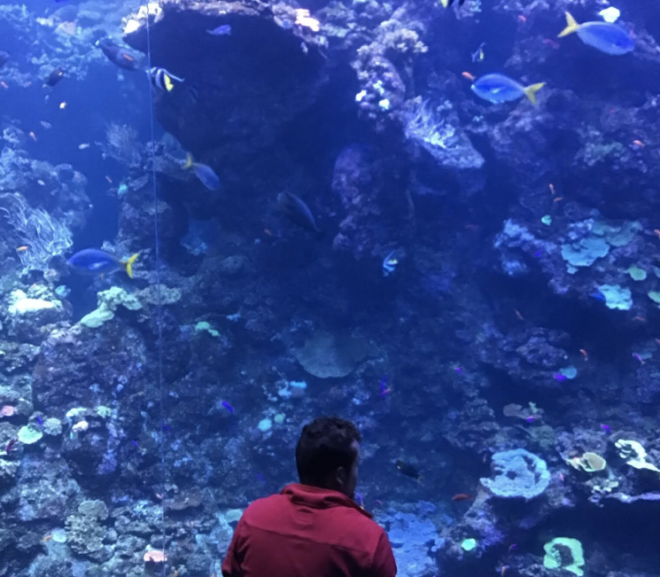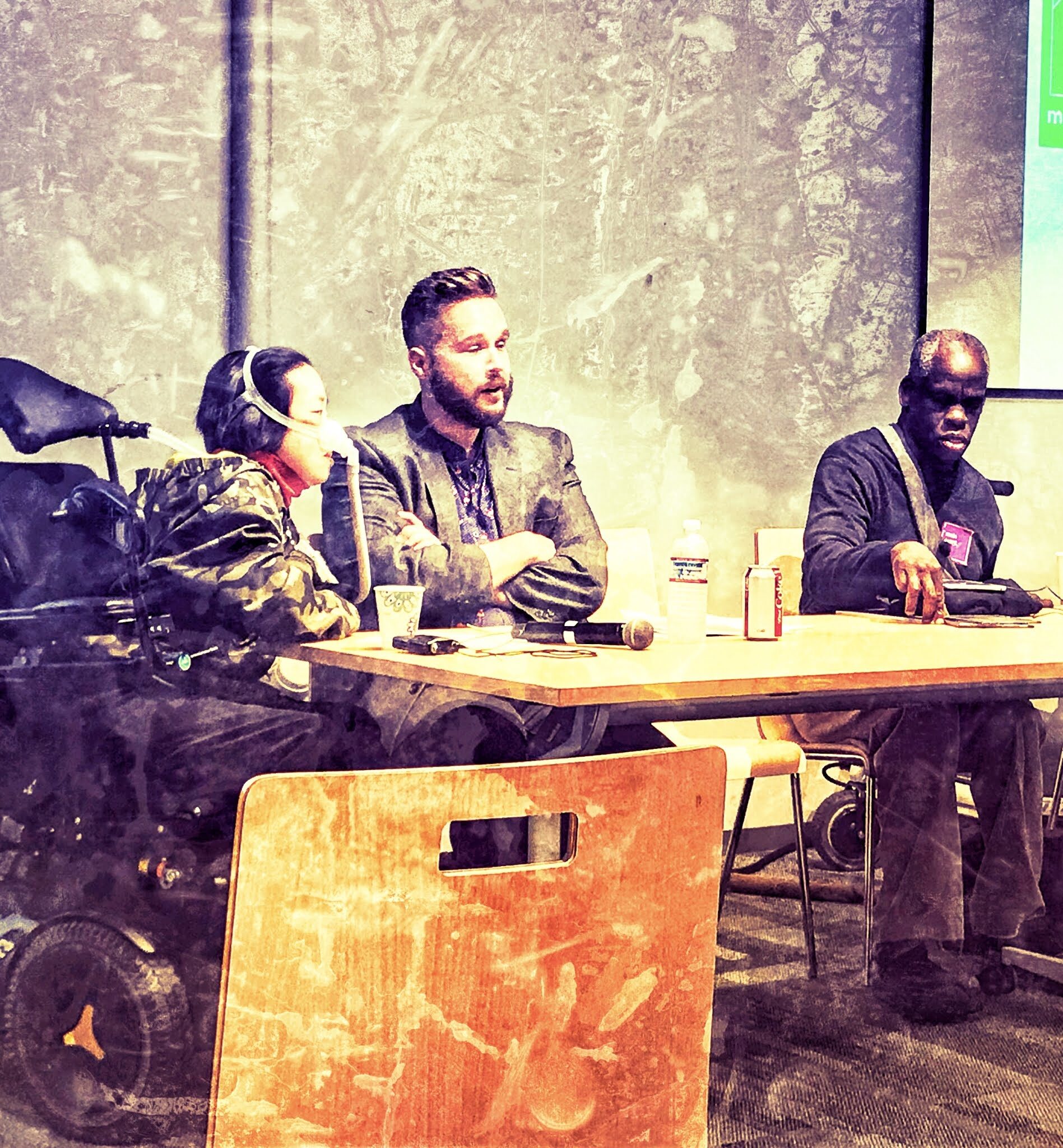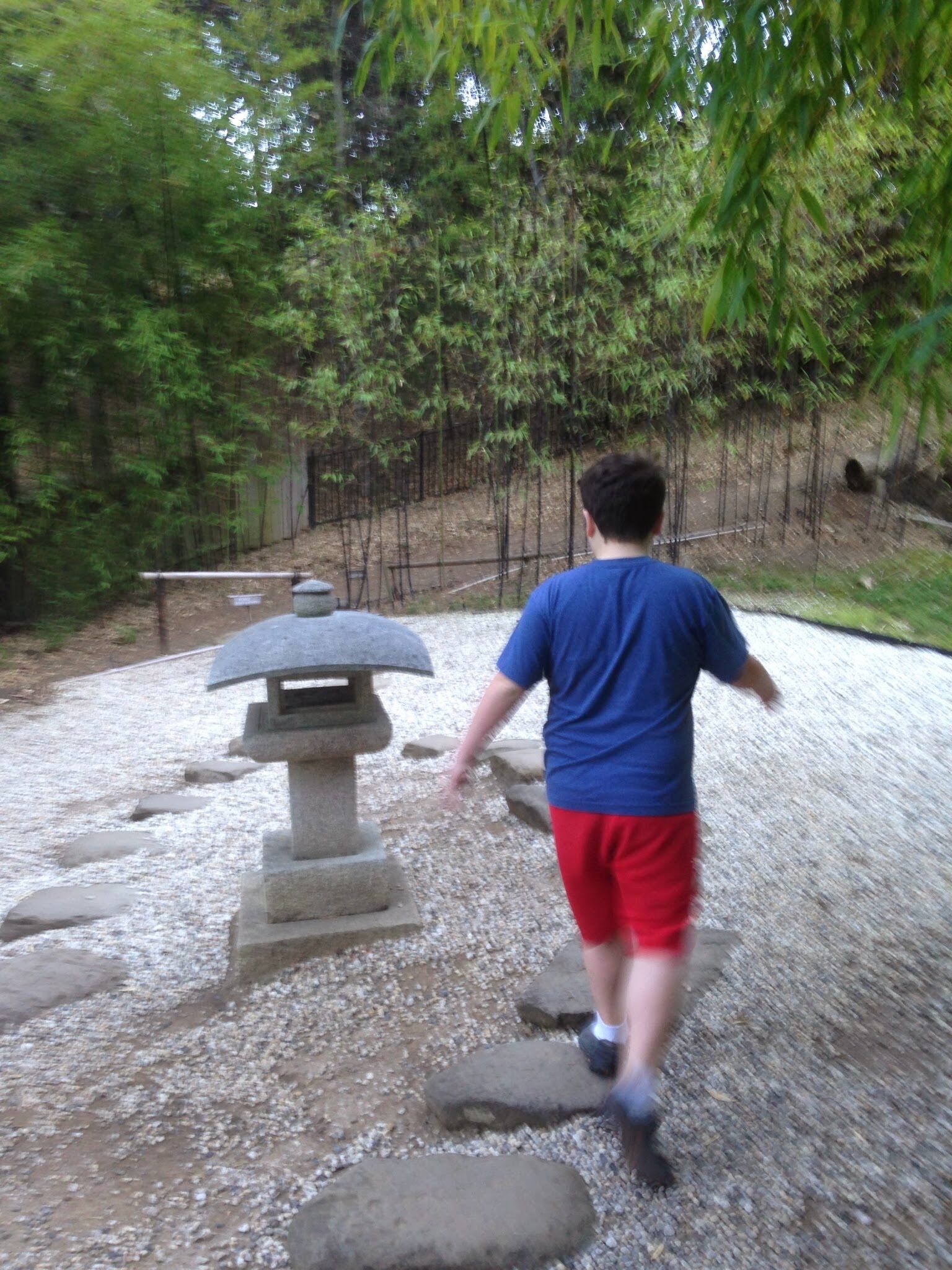Neurodiversity is incredibly inclusive, and as the parent of a high-support autistic teen, I think neurodiversity is MORE important for people like him—to have other people recognize his value as a human.
Tag: civil rights
Alice Wong, John Marble, and Leroy Moore [image: Stylized photo of an Asian-American woman with bobbed black hair, a motorized wheelchair, and a bipap mask; a white man with brown hair in an undercut and a mustache & beard; and a Black man with very short gray hair.] There are few better ways to spend the evening than at an event for inclusive housing initiative The Kelsey, in celebration of the 20th anniversary of the Olmstead decision—”the most important civil rights decision for people with disabilities in our country’s history“—with an amazing panel of disability advocates: Alice Wong, John Marble, Leroy Moore, and Micaela Connery. We were lucky enough to do just that last night, and now we’ll share what we learned with in this lightly edited transcript of our live-tweeted coverage of the event. Listening to Alice Wong of Disability Visibility Project talk (with a dash of salt) about…
Tom Perez, upholder of the ADA source: Wikimedia Commons [image: Tom Perez, a Dominican- American Man with a goatee and glasses, in front of a sign reading “Next 25 Years of the ADA”] The bigotry-rooted horrors of the first two weeks of the Trump administration have been coming at dismayed Americans almost faster than we can keep up with them. Those who are reeling, from today’s appointment of civil rights slackard Jeff Sessions as Attorney General, yesterday’s nomination of Neil Gorsuch—who has ruled that autistic students don’t deserve equal education rights—for the empty Supreme Court justice seat, or public schools enemy Betsy DeVos’s pending confirmation as Secretary of Education, may be wondering who we can rely on to protect our community’s rights. I have an answer for you: Tom Perez. Former Obama Labor Secretary Perez is running for chair of the Democratic National Committee, the organization that guides the Democratic…
Shannon Des Roches Rosa www.squidalicious.com [image: White boy with short brown hair, seen from behind, walking on a stone path in a Japanese rock garden.] You don’t want to be on the wrong side of history, do you? That’s a particularly important question to ask yourself regarding autism acceptance. It’s important for you to accept, and then help other people understand, that autistic people like my son are your fellow human beings, with your same inalienable rights to live happy and pity-free lives. That whatever their needs and abilities, autistic people are not “less” than other people. You can start small with Autism Acceptance if you need to, start on the personal scale — taking the time to understand, for example, that my autistic son Leo doesn’t like restrictive shoes, and prefers Crocs — it’s a sensory thing. Why would I put him through the trauma of wearing other shoes?…
N. M. Silber extemporarysanity.wordpress.com We want April — Autism Acceptance Month — to matter, to help further acceptance and understanding of autistic experiences, happiness, and rights for autistic people of all ages and abilities. We will be publishing your Autism Acceptance posts and pictures all month long. If you want to participate, contact us at thinkingautism at gmail dot com. -TPGA Editors Trigger Warning: Situations described could cause a stress related response in individuals who have been restrained, especially those overcoming PTSD. What happens when a group of people is systematically devalued? Society is given permission to treat them differently. They are denied organ transplants and medical care. When they are murdered people empathize with their killers. When they are unable to force themselves to look and act and react to a world that they experience and perceive differently than the masses they are mistreated, locked in closets, restrained, shocked…
Elizabeth J. Grace www.tinygracenotes.com There are zero-sum games in which there’s a winner and a loser because basically there’s only so much to go around, and there are non-zero-sum games which are not like that. In non-zero-sum games there are other outcomes, like everyone winning, because various real-life things can happen, like solidarity producing more goods to go around. A large-scale change in understanding of these things would have an immediate impact and far-reaching implications, especially concerning Autistics and parents of kids who are Autistic or have autism, whether the parents are on the spectrum or Autistic or not. In game theory studies such as the famous Prisoner’s Dilemma (which has actually gone through a lot of empirical runs with live participants) it has been shown that people are willing to act against their best interest in the whole story in order to make sure their “opponent” cannot possibly “do…
The stated goals of yesterday’s Congressional Oversight and Government Reform Full Committee Hearing: “1 in 88 Children: A Look into the Federal Response to the Rising Rates of Autism” were to “…get a clearer picture on what is being done, what questions still need to be answered and what needs exist for those children, adults and families who live with an Autism Spectrum Disorder.” This hearing was notable for its precedent-setting inclusion of autistic representatives. Committee Chair Darrell Issa noted that as long as he heads the committee, it will stay open to autism concerns and may even try to find funding to address them. Video coverage of the entire hearing is embedded at the end of this post. The hearing witnesses (and each’s official testimony): Alan Guttmacher, M.D. (testimony) Director, Eunice Kennedy Shriver National Institute of Child Health and Human Development, National Institutes of Health Coleen Boyle, Ph.D. (testimony)…
Our editorial team frequently discusses our expectations for autism organizations, both internally and during outreach efforts. We thought it time to formalize those expectations here on our site, as a resource for like-minded individuals. -The Editors At Thinking Person’s Guide to Autism, we believe organizations that support autistic people must adhere to the following five principles: Support, not cure: autism is a naturally occurring human neurological variation and not a disease process to be cured. Medical or health issues that may accompany autism should be addressed independently. Evidence-based medical and clinical interventions: from our inception, we have advocated for helping autistic individuals in ways that are based on peer-reviewed empirical studies and which have been deemed effective by the wider scientific and academic communities. Inclusiveness: Autistic people must have significant, meaningful, and primary roles in all aspects of the organization, especially at board and executive levels with regards to planning…
Rob Gross I read a post recently in which the author imagines creating a “grand new conference consisting of members of the disability community of all stripes” including disabled people, their parents, professionals, writers and journalists.” He continues, “This mythical conference of ours would have only one rule. No one would be allowed to be offended” (emphasis added). The author states that by following this rule, “no one [would be] silenced…dismissed… [or] called out for the way they make their argument.” In response to this post, many parents of disabled children commented on how refreshing this would be. However, numerous Autistic adults took strong exception to this, as did some parents. Why? What could possibly be wrong with allowing people to speak their minds without restriction? Two weeks ago, one parent did just that. On her Orange County Register blog, Jo Ashline, the mother of an Autistic child, said that…
Four weeks ago, Syracuse University hosted its first regional Neurodiversity Sypmosium, with Ari Ne’eman as the keynote speaker. Mr. Ne’eman is President and co-founder of the Autistic Self-Advocacy Network, as well as a presidential appointee to the National Council on Disability. He spoke both fiercely and wittily about both neurodiversity and self-advocacy in the past, present, and future. TPGA is publishing a series of excerpts from Mr. Ne’eman’s talk. This is part three. Part one was published two weeks ago, and focuses on the history of the disability rights movement. Part two centers on power and perception, about how “…in the autism world, what autism is — and what we should do about it — is very much under conflict.” In part three, Mr. Ne’eman talks about the divorce of the autism conversation from the larger developmental disability conversation, the tyranny of “normal” expectations for Autistics, and the shared hopes…



